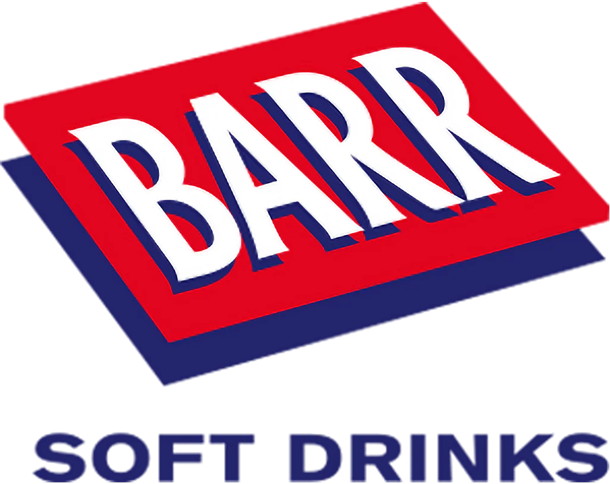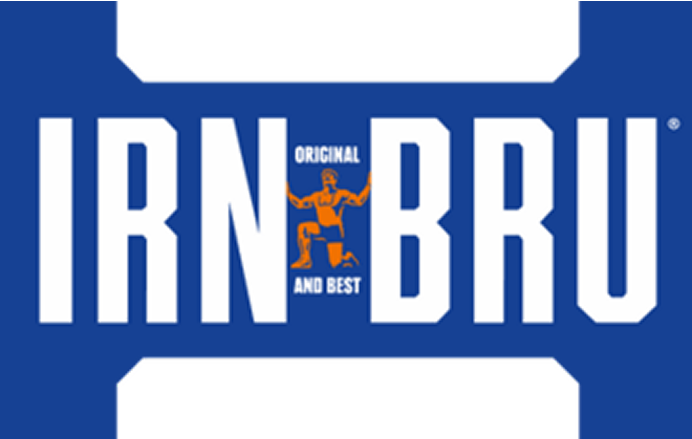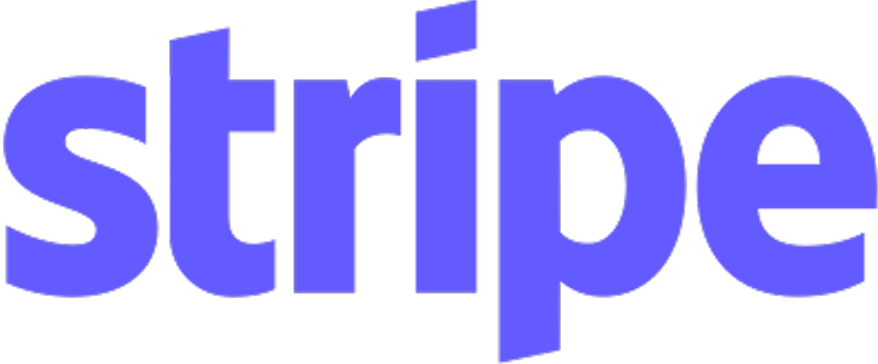Why Aren't People Reading Your LinkedIn Articles?
Discover how to captivate readers with engaging LinkedIn content and effective linkedin growth services to elevate your online presence.

You’ve spent an hour writing what you thought was a solid LinkedIn article. You hit publish, sit back, and... crickets. Maybe a like or two from a loyal colleague, but nothing else. Even though you’re sharing advice that’s actually useful, your posts just don’t seem to land the way you expected. It’s frustrating, and it makes it easy to question whether articles on LinkedIn are even worth the effort.
But here’s the thing — LinkedIn articles still hold power when done right. They can open doors to new opportunities, raise your profile, and help you build trust with the people you want to work with. If yours aren’t getting much attention, it doesn’t mean long-form content on LinkedIn is dead. It probably just means there are a few shifts you need to make first. Let’s look at why people might be skipping over your content and how you can start turning articles into actual results.
Understand Your Audience
Before you worry about structure, headlines, or keywords, the first thing to figure out is who you’re writing for. If your article doesn’t speak directly to the people you want to attract, it won’t get read. People are busy. They’ll read something only if it feels like it’s been written with them in mind.
To make that happen, start by asking:
- Who are you trying to reach? Be specific. Maybe it’s consultants who struggle with growing their network, or agency owners offering branding services.
- What problems do they face? Think about what keeps them from getting what they want, rather than just referring to industry trends.
- What would make life easier for them? Be helpful and clear.
Here's one way to tell if you're connecting with the right people: check the comments and messages you’re getting. Are they from your target audience, or are they just other creators supporting each other’s content? If it’s mostly the latter, that’s a sign your writing might not reflect your ideal reader’s point of view.
When your content is built around real issues your audience cares about, it feels like you’re speaking directly to them. They’re more likely to stop scrolling, click, and stay for the whole piece. You need to stop assuming people will care because you wrote it — care has to be earned, and that starts with empathy.
Craft Engaging Headlines And Openings
Once you're clear on who you're writing for, the next thing to focus on is getting their attention. This starts with the headline. It's the first thing people see, and if it's bland or confusing, they'll scroll right past it. A good headline should spark curiosity, say something specific, or promise something useful.
Avoid vague phrases or clever wordplay that sounds nice but doesn’t tell the reader what they’ll get out of reading. Instead, use plain language that clearly cuts to the heart of the topic.
Here are some quick tips to improve your headlines:
- Use numbers or “how to” formulas: These are easy to digest and tell the reader what they’ll learn.
- Keep it short: If it’s too long, it gets cut off in previews.
- Be clear over clever: Quirky titles don’t land if the content’s value isn’t obvious right away.
Then comes the real opener — the first few lines of the article. This is where you either hook someone in or lose them. Avoid opening with clichés or long setups. Don’t restate what the headline already said. Instead, use a line that makes people nod in recognition or think, “That’s exactly how I feel.” A quick story, a relatable question, or a bold claim can all work well here.
You’ve only got a short window to make someone choose your article over everything else in their feed. Make it count, not with tricks, but with clarity and relevance. If the first lines feel personal, useful, or even challenging, they'll stick around. And that makes all the difference.
Provide Value With Relevant Content
Once someone clicks, your job’s only just begun. If the article doesn’t offer something useful, they won’t read to the end. The best approach is to keep things practical, grounded, and focused on solving one specific problem your audience cares about. Avoid writing broad overviews or trying to cover too many points at once. That ends up watering everything down.
Instead, focus on going deep into a topic your reader’s dealing with. Break your points into easy steps or examples they can actually do something with. You don’t need to cover everything, just the part that matters most, in a way that’s simple to action.
Here’s a quick example: if you’re writing an article about building a stronger business presence on LinkedIn, don’t waste half the piece talking about general personal branding. Instead, show how to update the headline, profile summary, or feature section to match the type of leads they want. Point out real blocks people often run into and walk through a better way of approaching them.
Writing like this shows your reader that you get what they’re up against. And when you give them something that makes their day easier, even in a small way, they’re more likely to come back for more.
Promote Interaction And Keep Conversations Going
One reason articles flop is they feel like one-way conversations. You’re not speaking into a void — or at least, you shouldn’t be. The best LinkedIn content invites people in. That means asking for their opinion, prompting them to share their experiences, or letting them weigh in with suggestions.
LinkedIn pays attention to interactions. More likes, comments, and shares often get you in front of more eyes. But it’s not just about playing the algorithm. It’s about starting conversations that matter.
Here are a few ways to bring people into your content:
- End your article with a specific question that invites input or stories
- Reference things your network talks about so it feels tied to real conversations
- Tag relevant people or mention real use cases where it makes sense
- Write follow-up articles based on common responses or questions that show up in your comments
And don’t forget to reply when people comment. A simple response can turn a passive reader into someone who follows your future posts. That small thread of attention can build trust faster than a dozen longer think pieces.
When your content feels alive, like it’s part of an exchange, not just a monologue, people will spend more time with it and look forward to what’s next.
Boost Reach With Smart SEO Habits
No matter how valuable your writing is, people need to find it first. That’s where basic SEO habits come in. On LinkedIn, this doesn’t mean stuffing keywords randomly into every paragraph. It’s about using natural terms your audience would type when they’re looking for advice, services, or thought leadership.
A good place to start is identifying your primary keyword. For this piece, it could be something like linkedin growth services. Make sure that phrase appears in your title, early in the body, and once or twice more throughout — only where it fits naturally. Don’t overdo it.
You should also:
- Use a clear headline and subheaders to make your article skim-friendly
- Add 3 to 5 relevant hashtags at the end (including your main keyword)
- Choose a strong, relevant cover photo so it performs well in the feed
- Write a teaser line before publishing to draw people in
One more tip: try to post your article during high-engagement times for your audience. That might be Tuesday morning or mid-day Thursday, depending on your niche. Test different days and adjust as you go until you learn what works best. If writing your own content is already time-consuming, managing the timing adds even more to the load, which is something to think about if consistency becomes hard to keep up.
If You Want Them to Click, You’ve Got to Keep Showing Up
Content isn’t about luck or guessing what might go viral. It’s about putting out work that shows up for your audience again and again. When you nail your headlines, lead with empathy, focus on one problem, and nudge your reader to respond, things get easier.
LinkedIn articles work when they’re part of a rhythm. So instead of worrying about likes on your first post, think about what your next ten could look like. That routine becomes momentum. Momentum turns into trust. Trust grows your visibility.
If doing it all yourself feels too heavy, that’s okay. Support is part of growth too. You don’t need a viral hit. You need consistency, relevance, and the right message for the right person. That’s how you get your content to work harder — and actually get read. Let’s make that happen.
Struggling to make your LinkedIn articles stand out and gain traction? Understanding the intricacies of linkedin growth services can make all the difference in building a strong online presence. At Media Engine, we specialise in crafting personalised content strategies that connect with your target audience and help you grow with purpose. Let’s work together to get your message heard and your brand seen.
Across 200+ LinkedIn profiles, we’ve brought in qualified pipeline from...
































.png)

.png)

%20(1)%20(1).png)
.svg)











